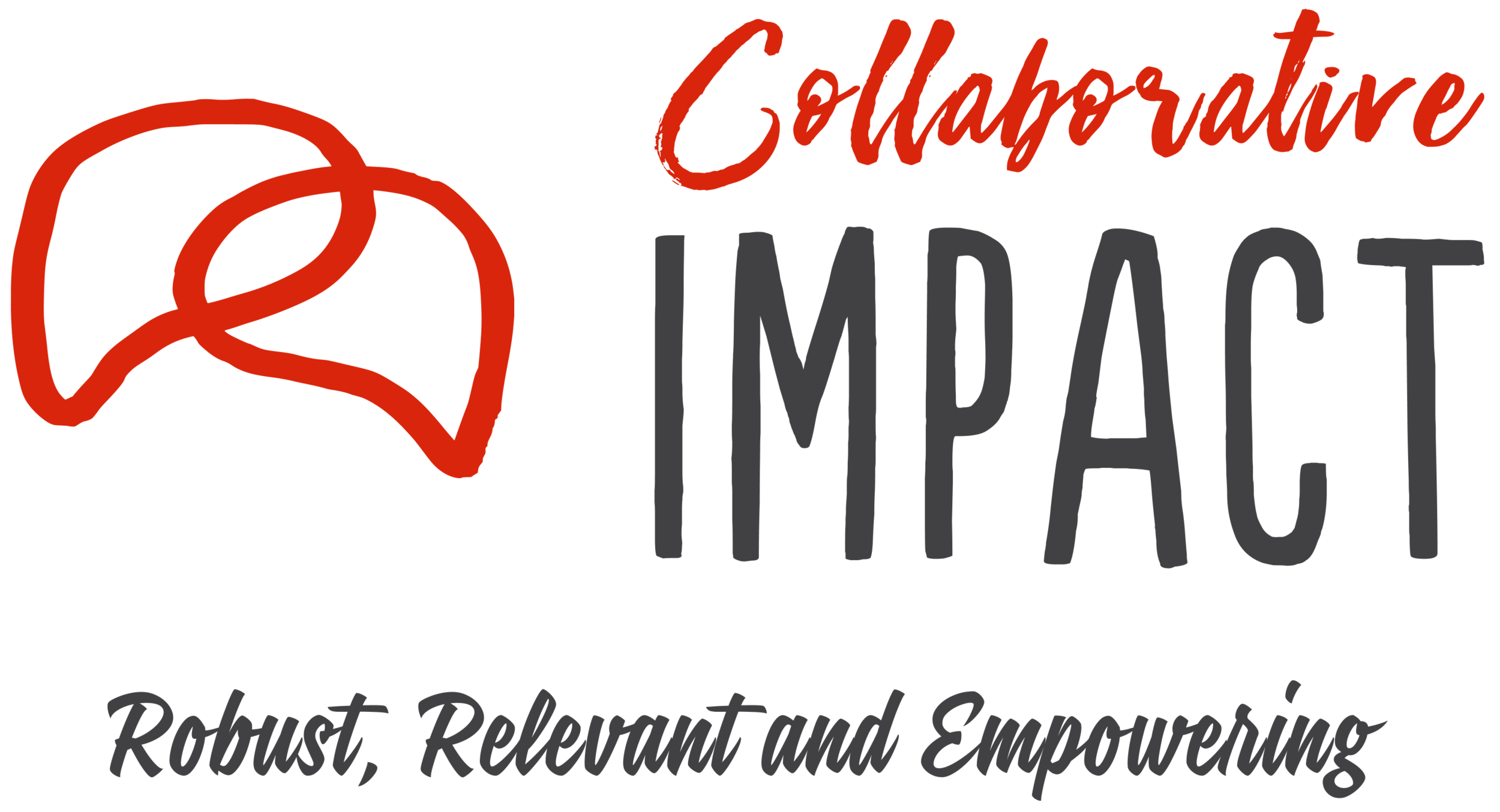IMPACT ASSESSMENT OF AGRICULTURAL SUPPLY CHAINS USING PIALA IN VIETNAM AND GHANA
Pioneering a Participatory Impact Assessment and Learning Approach (PIALA) with IFAD in government programmes aimed at market and supply chain linking
Client
International Fund for Agricultural Development (IFAD)
Period
2012 - 2016
Services
Evaluation,
Innovation Capacity
Locations
Ghana, Vietnam, Global
Areas
Sustainable Agriculture & Food,
Climate Resilience
This concerns a multi-donor initiative (USD 800k) that aimed to develop a novel approach for designing and conducting evaluations of IFAD-financed government programmes to enhance learning among partners and stakeholders about how various interventions and influences interact and combine to generate system change and impact. The approach became known as Participatory Impact Assessment and Learning Approach (PIALA) and was pioneered in two impact evaluations in Vietnam and Ghana.
The approach was used and piloted with IFAD in the impact evaluations of:
The ‘Doing Business with the Rural Poor Programme’ (DBRP) in Vietnam, and
The ‘Roots & Tubers Improvement and Marketing Programme’ (RTIMP) in Ghana.
The evaluation in Ghana was considered as one of the first truly-integrated mixed-methods evaluations using a participatory approach at a large scale. The evaluations and the approach were very well received, as shown by the Ghana Performance Evaluation of IFAD’s Independent Office of Evaluation that built off the evaluation, and the PIALA Research Paper published on IFAD’s Impact Page.
“This is the most innovative combination of methods I remember ever having come across... All of you who have been involved deserve congratulations and thanks for having done what we have been advocating so long and fruitlessly with donors, to fund methodological innovation.”
Robert Chambers, author of “Can We Know Better” (2015)
PIALA reflects Collaborative Impact's overall approach and has since been used in numerous programme and project evaluations, MEL frameworks, and strategy and portfolio reviews. Examples can be found on the PIALA webpage.


